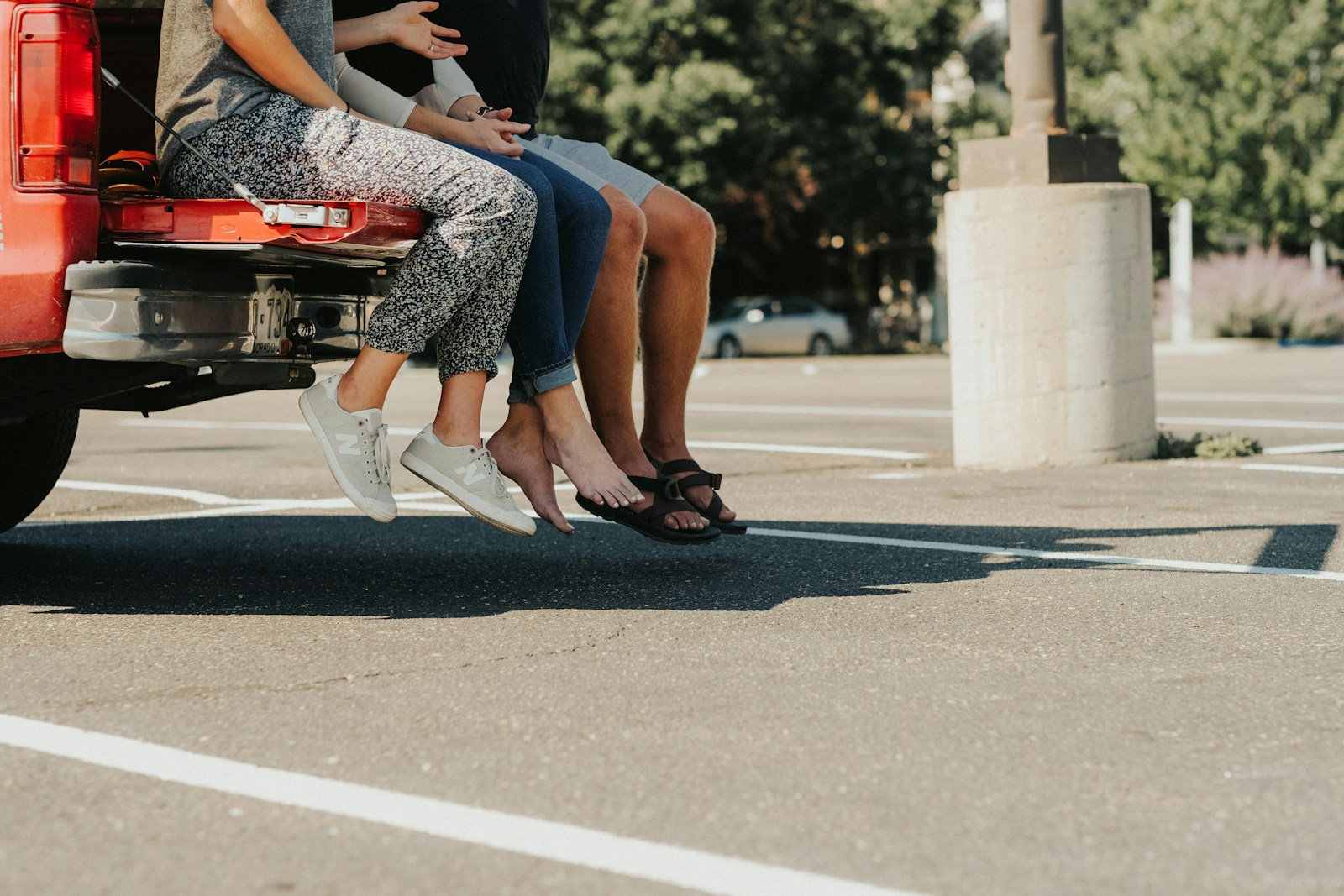
zapatos

shoes
A piece of footwear used to protect and comfort the human foot while doing various activities.
Example sentences using: zapatos
Me gustan tus zapatos.

I like your shoes.
This phrase is used to express admiration for someone else's shoes. 'Me gustan' means 'I like' while 'tus zapatos' means 'your shoes'. Remember that in Spanish, possession is often denoted before the object.
Mis zapatos están sucios.

My shoes are dirty.
This phrase is used to express that your shoes are not clean. 'Mis' is a possessive adjective meaning 'my' in Spanish. 'Están sucios' means 'are dirty'.
Necesito comprar nuevos zapatos.

I need to buy new shoes.
'Necesito' means 'I need', 'comprar' means 'to buy' and 'nuevos zapatos' means 'new shoes'. Type of need (in this case the need to buy something) often follows right after 'necesito'.
Mis zapatos son rojos.

My shoes are red.
This is to express the color of your shoes. 'Son' means 'are' and 'rojos' means 'red' in Spanish. When describing color of something, we use 'son'.
Estos zapatos están muy apretados.

These shoes are very tight.
'Estos' means 'these', 'están' means 'are', 'muy' means 'very' and 'apretados' means 'tight'. This sentence is often used when the speaker finds a pair of shoes uncomfortable due to size.
Me encantan los zapatos de tacón.

I love high-heeled shoes.
'Me encantan' means 'I love', 'los zapatos' means 'the shoes' and 'de tacón' means 'high-heeled'. So sentence basically means expressing love for a specific kind of shoes.
Quito mis zapatos antes de entrar a la casa.

I take off my shoes before entering the house.
'Quito' means 'I take off', 'mis zapatos' means 'my shoes' and 'antes de entrar a la casa' means 'before entering the house'. It is a common practice in many cultures.
Los zapatos están en la caja.

The shoes are in the box.
'Los zapatos' means 'the shoes', 'están en' means 'are in' and 'la caja' means 'the box'. We often use 'en' to express the location of something.
Ella tiene muchos zapatos.

She has many shoes.
'Ella tiene' means 'she has', 'muchos zapatos' means 'many shoes'. The quantity or descriptor usually comes after the verb 'tiene' and the object.
Estos zapatos son muy caros.

These shoes are very expensive.
'Estos' means 'these', 'son muy' means 'are very' and 'caros' means 'expensive'. This sentence can be used when someone finds a pair of shoes pricey.